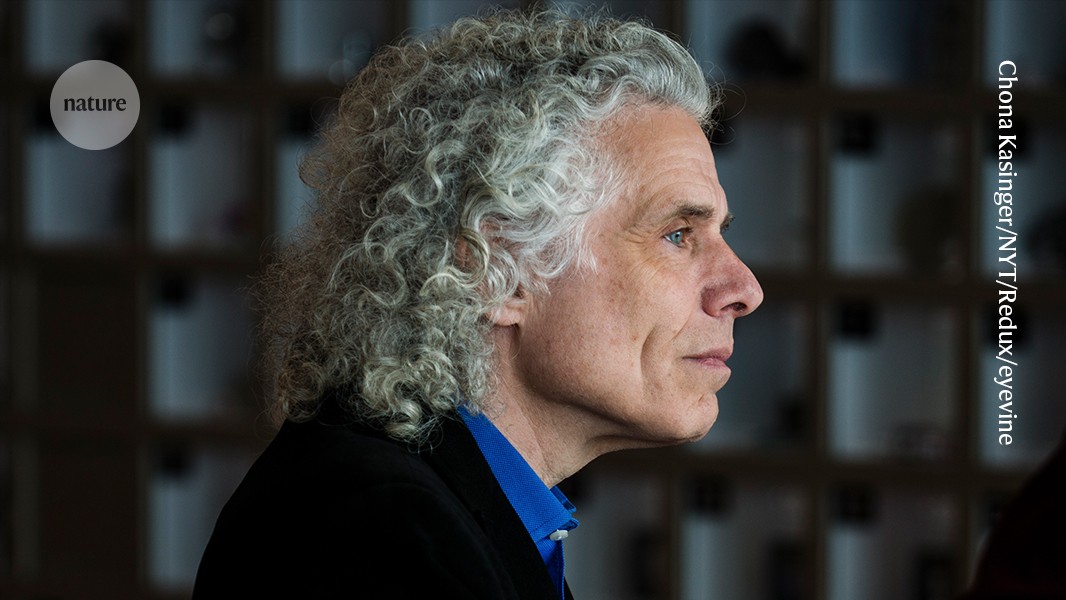
"It is the state in which I know something, you know it, I know that you know it, you know that I know it, I know that you know that I know that you know it, and so on, ad infinitum. It differs from private knowledge, in which someone knows something without knowing whether anyone knows they know it."
"That's a lot of 'knowing'! Common knowledge is usually tacit, and it can be generated at a stroke when we witness something that is conspicuous, public or self-evident - I see something while seeing you see it, and vice versa. From there, we can deduce that each observer knows that the other knows it, and so on, to as many levels as we care to reel out - a process that cognitive psychologists call recursive mentalizing."
Common knowledge is mutual, recursive awareness in which everyone knows that everyone else knows, to arbitrarily many levels. It often arises instantly from conspicuous, public, or self-evident events that observers both witness and recognize others witnessing. Recursive mentalizing lets people deduce shared awareness and use it to coordinate choices that benefit all if they choose the same option. The presence or absence of common knowledge can trigger smooth coordination or precipitate rapid social cascades, including shaming mobs, cancel culture, revolutions, awkward interpersonal interactions, and financial bubbles or crashes.
Read at Nature
Unable to calculate read time
Collection
[
|
...
]